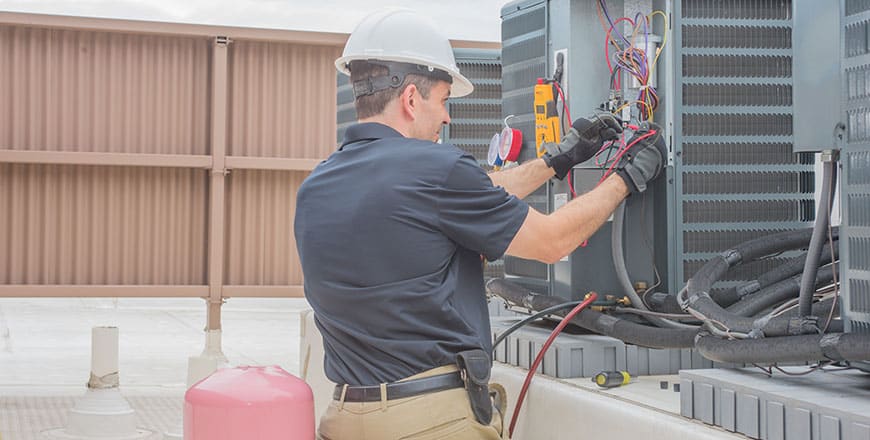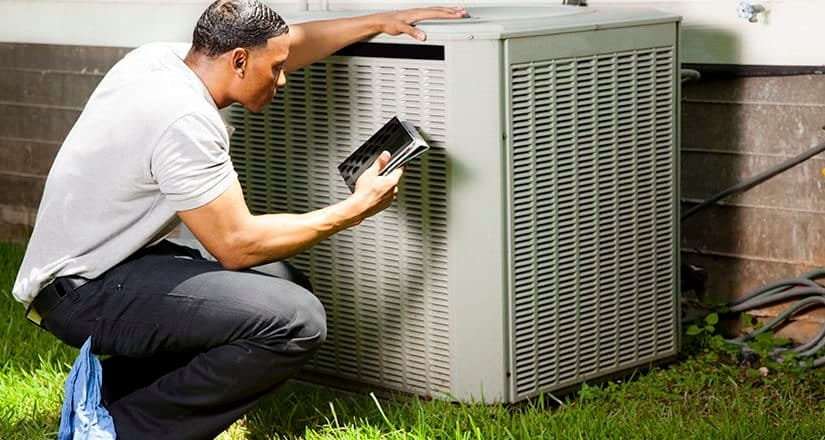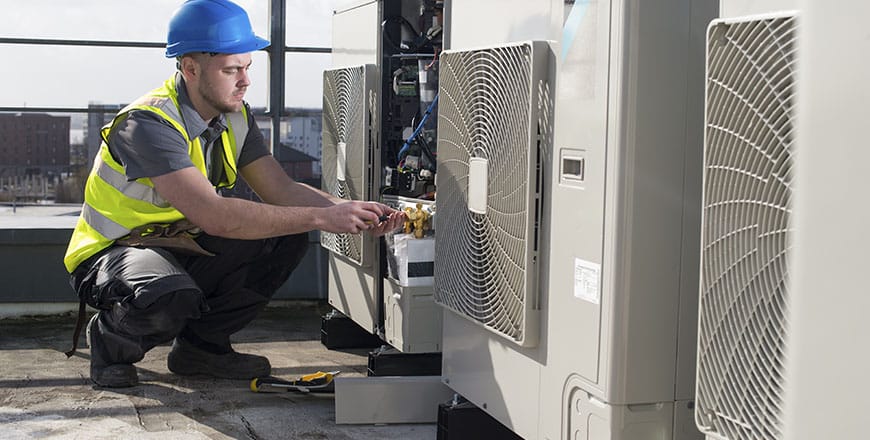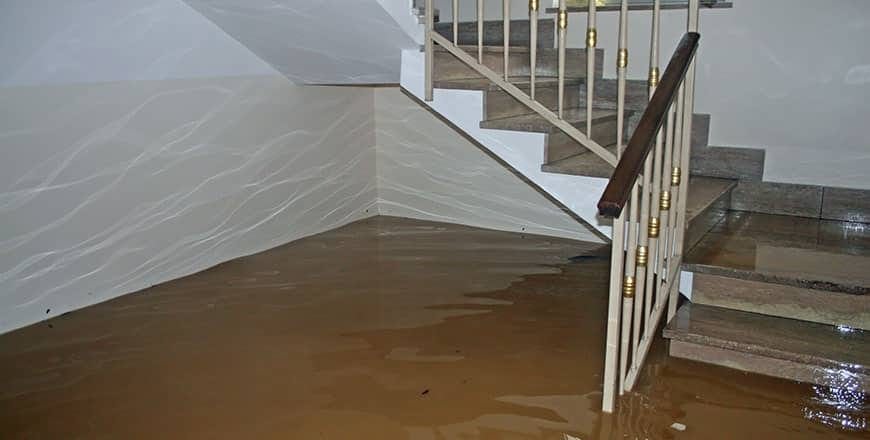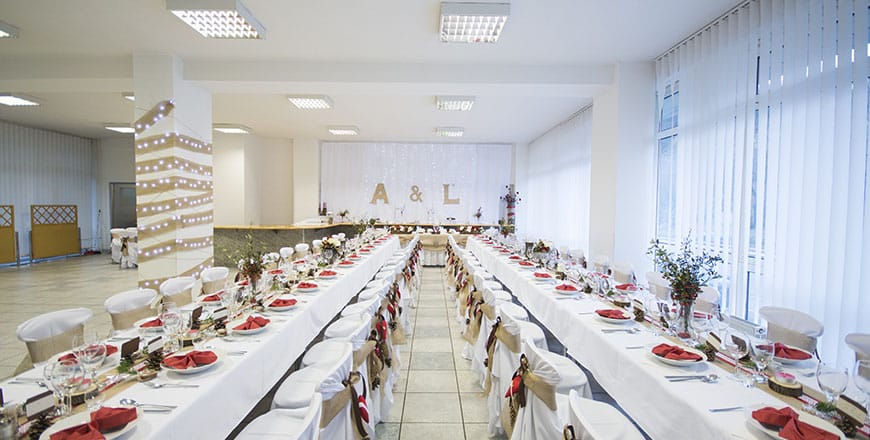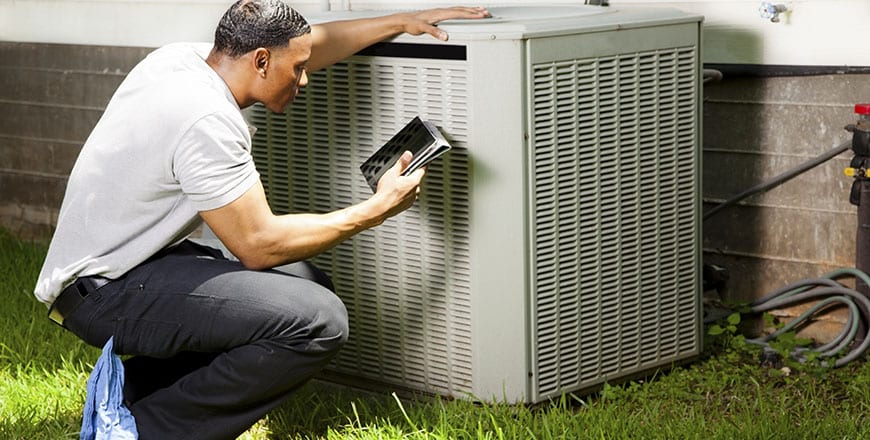Is your heat pump smelling funky? An unusual odor coming from your heat pump or air vents hints to you that something is going wrong and you need heat pump repair. We are explaining common heat pump smells to make it easy for you to troubleshoot your heating unit.
Musty Smell
Smelling wet clothes odor when you turn on your heat pump usually means moisture buildup in one or more parts of the heat pump or ductwork. It is also called dirty sock syndrome. Moisture is a problem for your HVAC system because it is an indication of biological growth like bacteria or mold on the evaporator coils of your heat pump.
Some homeowners smell a musty odor only when the heat pump begins its defrost cycle. Defrosting is normal for heat pumps as it lets the unit remove ice from the unit. But if a musty smell comes during a defrost cycle, there is organic growth inside the heating system. If not fixed, the musty smell indoors can cause respiratory diseases and disorders.
In most cases, the solution is easy. You only need to clean the heat pump unit and the air ducts. But if you still feel a musty smell after cleaning, hire an HVAC expert to clean or replace the evaporator coil and inspect the ductwork.
Rotten Eggs Or Sulfur Smell
In gas heating systems, the smell of rotten eggs or sulfur indicates a gas leak and it needs immediate action because extended exposure to a gas leak is life-threatening. But heat pumps run on electricity so an odor of rotten eggs doesn’t mean gas leakage.
In winter, small animals may find your heat pump or ductwork and hide in it for warmth. If they expire in there, your heat pump will smell like rotten eggs. For removing this smell, thorough cleaning of your HVAC system is required.
Burning Smell
A burning smell hints at the burning of plastic or metallic components of the heat pump. It is a serious concern and can cause a house fire in the worst cases. Usually, this smell is due to the burning of the plastic on the electric wires, but in severe cases, it comes from the motor of the heat pump.
Some heat pumps trip and turn off automatically, but if your heat pump doesn’t, switch it off from the circuit breaker. Moreover, if the blower motor is humming but not starting, it means a capacitor or motor failure.
There are also some less severe reasons of heat pump to produce a burning smell:
- Dust Particles: Burning smell is common when you turn on the heat pump for the first time in the winter month. It’s due to the dust particles accumulated on the wires burning.
- Clogged Air Filters: When the air filters are clogged with dust and dirt, they restrict the airflow and the air handler can’t throw the full amount of heated air inside the house. This will overheat the heaters and produce a burning smell. Cleaning or replacing the air filters will fix it.
- Closed Vents: When some vents are clogged and closed, the air can’t escape and accumulate in the vent. You’ll notice the smell shortly after turning on the heat pump. So, check all the vents and ensure they are open.
As another reason for this smell mentioned earlier is a fire hazard, you should get your unit checked if it gives off a burning smell.
Sewer Smell
If your heat pump is producing a sewer smell, the common cause is not the heat pump but something in its surroundings.
Usually, heat pumps take air from the outside, heat it, and throw it inside the house through the vents. If anything near the heat pump is smelling like sewer or if a nearby sewer line is backed, cracked, or broken, it will give off a sewer smell.
To fix this odor, check the location of the heat pump unit for sewer problems or hire a plumber to inspect the sewer line.
Conclusion
A heat pump producing an unusual smell is not a good sign. If you sense any funky odor, you should inspect the unit or get a expert from HVAC companies Long Beach to perform a complete checkup.


